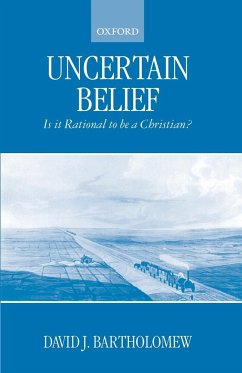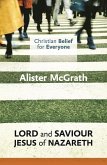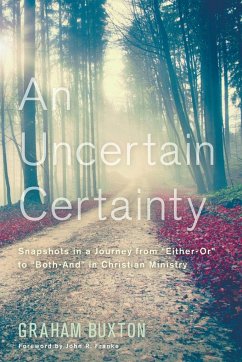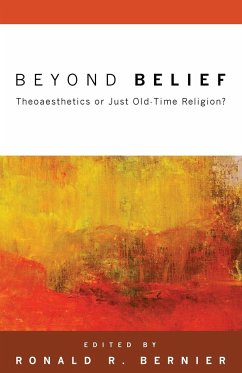The certainties which underpinned Christian belief have crumbled in a world where science sets the standard of what is true. A rational case for belief must therefore be constructed out of uncertainties. Probability theory provides the tools for measuring and combining uncertainties and is thus the key to progress. This book examines four much debated topics where the logic of uncertain reference can be brought to bear. These are: miracles, the paranormal, God's existence, and the Bible. Given the great diversity of evidence, it is not surprising that opposite conclusions have been drawn by supposedly rational people. An assessment of the state of the argument from a probabilistic perspective is overdue. In this book Professor Bartholomew examines and refutes some of the more extravagant claims, evaluates the weight of some of the quantitative evidence, and provides an answer to the fundamental question: can a rational person be a Christian?
Do miracles happen? Is the Bible true? What about the paranormal? Does God exist? The underpinning of belief have crumbled in a world where science sets the standard of what is true; people continue to ask these questions but there are no agreed upon answers. At the rational level, uncertainty is inevitable. Probability theory provides the tools for measuring and combining uncertainties and, thus, the key to progress. Assessing the state of the argument from a probabilistic perspective is long overdue. In Uncertain Beliefs, David J. Bartholomew examines and refutes some of the more extravagant claims, evaluates the weight of some of the quantitative evidence, and provides an answer to the fundamental question: is it rational to be a Christian?
Hinweis: Dieser Artikel kann nur an eine deutsche Lieferadresse ausgeliefert werden.
Do miracles happen? Is the Bible true? What about the paranormal? Does God exist? The underpinning of belief have crumbled in a world where science sets the standard of what is true; people continue to ask these questions but there are no agreed upon answers. At the rational level, uncertainty is inevitable. Probability theory provides the tools for measuring and combining uncertainties and, thus, the key to progress. Assessing the state of the argument from a probabilistic perspective is long overdue. In Uncertain Beliefs, David J. Bartholomew examines and refutes some of the more extravagant claims, evaluates the weight of some of the quantitative evidence, and provides an answer to the fundamental question: is it rational to be a Christian?
Hinweis: Dieser Artikel kann nur an eine deutsche Lieferadresse ausgeliefert werden.









